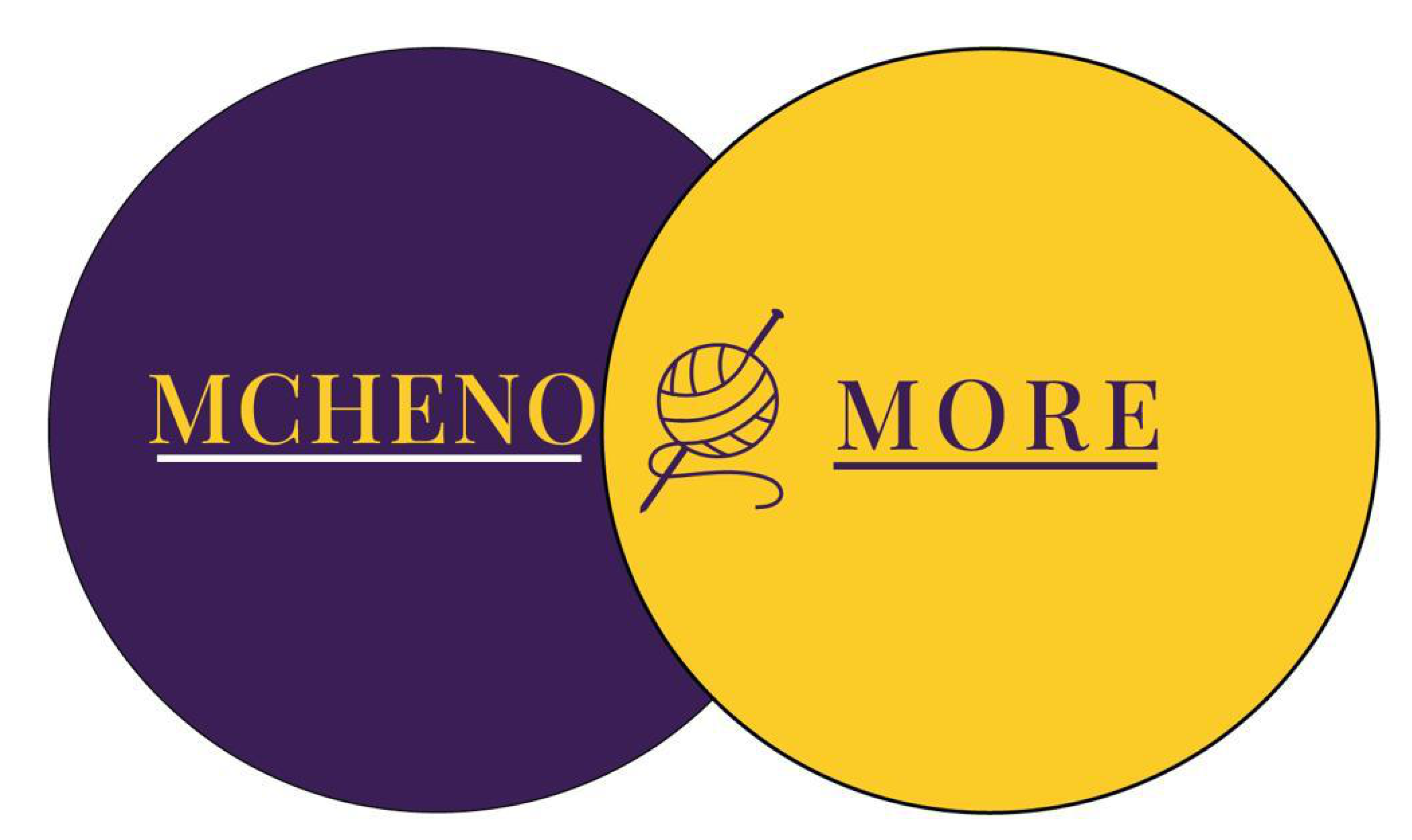What’s the difference between the curio sellers you see on the roadside; and an exhibition of the finest sculptures at an Art Gallery?
Or the shoe cleaners touting for customers at traffic lights (we’ve all met them); and the emerging shoe laundry brands of our time (Smart Zhet and Juluka Sneaker Co deserve special mention)?
Or the downtown tailors making merchandise for schools and churches; and the self-taught budding designers that Mcheno And More keeps introducing you to?
The difference is branding.
Creatives are fast-realizing that it’s no longer enough to just create the art or make the clothes. What are you, as a creative, doing to justify customers spending their hard-earned money on your art or clothes? You’re not just selling a product, you’re selling a feeling, a story.
This is the question that has propelled 26 year old Munyaradzi Munjoma from a passionate student, to an employee with a side hustle; to that side hustle becoming a fully-fledged brand – supporting his family.
Genesis – From Apprentice to MJM Leatherwear
Munjoma’s journey started off at Star of David Leatherworks – founded by legendary craftsman Moreblessing ‘Elder Skelta’ Tsatsa.

In 2017, Tsatsa took the then 19 year old Munjoma under his wing for an intensive apprenticeship that gave Munjoma the skills that have made him an outstanding leather craftsman of our time.
Reminiscing on the two years that he worked under Tsatsa, Munjoma says;
“Moreblessing Tsatsa gave me an opportunity that no one else could give me at the time – being allowed to work, get practical lessons in leather crafting, and still pursue my education. I’m forever grateful to him.”
It’s obvious that Munjoma paid attention when he was being taught how to fashion cow hides into alluring accessories, but he also gleaned a lot of life lessons from the Rastafarian.
“Elder Skelta is a Rastaman (sic) and he always said ‘Munya, do what you love and love what you do.’ This motivated me to be positive in everything I do with the belief that it is God who has allowed me to be where I am today.
“He gave me confidence in my craftsmanship. He always told us to love our work first as that is what gives confidence when selling the product to people. In our craft, if the product doesn’t impress me and my team, we don’t put it on the market,” Munjoma breaks down a few of the plenty lessons he got from Tsatsa.

He went on to enrol at Harare Polytechnic in 2018, where he graduated in 2020 with a National Certificate in Electronics Engineering in Computer Systems, all thanks to the salary he was receiving at Star of David Leatherworks.
In 2019, Munjoma left Star of David Leatherworks in pursuit of formal employment and got employed at OK Zimbabwe. But, as most who are formally employed will tell you, the money is never enough.
“Working under OK Zimbabwe had its own challenges. As a young boy growing up in the ghetto, responsibilities started to pile up. Remunerations at this company were not enough to cover everything I needed.

“I was paying for my fees at Harare Polytechnic. My mother, who is a widow, was aging, and as a senior boy in the house, you know you start to feel the responsibility to cater for some of the family’s bills,” explains Munjoma.
Realizing that the formal job couldn’t upkeep his family, Munjoma returned to leather crafting as a side hustle to supplement his income.
In 2020, having recently graduated, and still working; he started to purchase waist belts on wholesale from Blessing Bhobho, an ex-workmate at Star of David Leatherworks.

“It wasn’t difficult to start working with him since we had a relationship before, and we had always gotten along well. After a few weeks, I started also to purchase leather slides from him for resale,” Munjoma reminisces on his first days working with Bhobho
Bhobho had gone out on his own to start a budding leatherwearvventure, and this is what inspired Munjoma to start his journey towards owning his own leatherwear brand. If Bhobho could do it, then Munjoma would achieve it too!
And so, Munjoma became a street vendor, selling leatherwear on the gritty streets of Harare, exposed to all the dangers of non-compliance. Regardless, that never dampened the Budiriro-born craftsman’s spirit and it surely never detracted him from his dreams.

In the three years that Munjoma was selling his wares on the streets, he managed to gain a sizable customer base that appreciated his quality and craftsmanship.
In February 2023, Munjoma made the bold decision to leave his job at OK Zimbabwe and pursue leather crafting as a career. A month later, he moved into G5, Eastgate Market – MJM Leatherware’s first home.
Yes, this is no longer about Munyaradzi Munjoma. It’s about his brand.
MJM Leatherwear is an abbreviation of Munjoma’s full name – Munyaradzi James Munjoma. They specialise in genuine leatherware – wallets, belts, and sandals, and even bags.

Genuine leather – processed from cow hides, right here in Zimbabwe; not the rexin and polyutherane that’s touted as ‘leather’ in the boutiques.
Not that Munjoma has to worry about the boutiques as his competition. He has managed to create a sizable audience and garner considerable support for his craftsmanship and his brand online. Simply by showcasing that his leatherware is an authentic cut above the rest, he has managed to amass almost 25 thousand followers on Twitter (absolutely no one calls it X).

Ever humble, Munjoma is, however, reluctant to admit his influence, suggesting that he still has a long way to go to be considered as a ‘Tweleb’ – most of whom count on their huge following to market their (or others’) brands.
“I am yet to fully capitalise on those markets because I think we still have miles to go. Right now, we have started to penetrate Facebook, and we still have a long way to go,” he says.
Enter Dehwear: Pioneering Homegrown Leatherware for the new generation
Almost a year after opening shop, Munjoma has decided to rebrand his baby from ‘MJM Leatherware’ to ‘Dehwear.’

The reason for the rebrand is simple – to separate the brand from the person. Maybe it wouldn’t have been necessary if Munjoma was already famous, as he explains;
“We saw that it was not fit to use my personal name as a brand, as it needs someone who is already well-known and well-established. For example, Mudiwa Hood was a singer before he launched the MH clothing brand, so it was easy for him to market his brand.”

The name is almost self-explanatory. Dehwe is Shona for ‘hide’ (not to be confused with the synonym for ‘conceal’), while in isiNdebele, it’s called ‘isikhumba’. ‘Wear’ was cleverly added to the end to make it ‘Dehwear’, a definition of what Munjoma seeks to be remembered for – leatherware craftsmanship.
The name-change is essentially the beginning of a new era where Munjoma wants to elevate the quality and expand the catalogue, as he reveals;
“It is not only changing the name and the logo, but we are coming out with more designs and more quality with the goal of improvement, and customers must expect new things.”

Responding to how customers have received the name-change, Munjoma answers;
“The response has been positive, and I’m appreciating it because there is growth from the way we started. So, I want to thank everyone, and I’m challenged by this response to do more and reach unexpected heights.”
That does not mean the road has not been without it’s challenges, especially considering that Dehwear is selling quality to a market that mostly considers just the price.
“You know leather products are expensive, and these products need people who appreciate and understand the value they carry.

“Our market is flooded by fake products, and as much as those products are cheap, they are expensive in the long run. After two or three months, you are going to buy again a belt rather than buy a straight genuine leather product from us, which costs 12 dollars,” alludes Munjoma.
Well, if Munjoma survived the Municipal Police, people who cannot appreciate quality craftsmanship are merely a fly that can be swatted by him just continuing on the path that he has been on since his days with Elder Skelta.

In a country where formal employment is seen as the ideal, building a brand out of your passion is the most heroic thing you can do. If Munyaradzi James Munjoma went from just an apprentice to owning a budding brand in just seven years, one thing is for sure – Dehwear is here to stay; and even inspire a new generation of leather craftsmen that are able to tell a story with their talents and works, just like what Munjoma is doing.
You can check out Dehwear’s evergrowing catalogue on Twitter and Facebook. Better yet, witness the quality in person at Shop G15, Eastgate Market. You can also place your order directly via WhatsApp.












